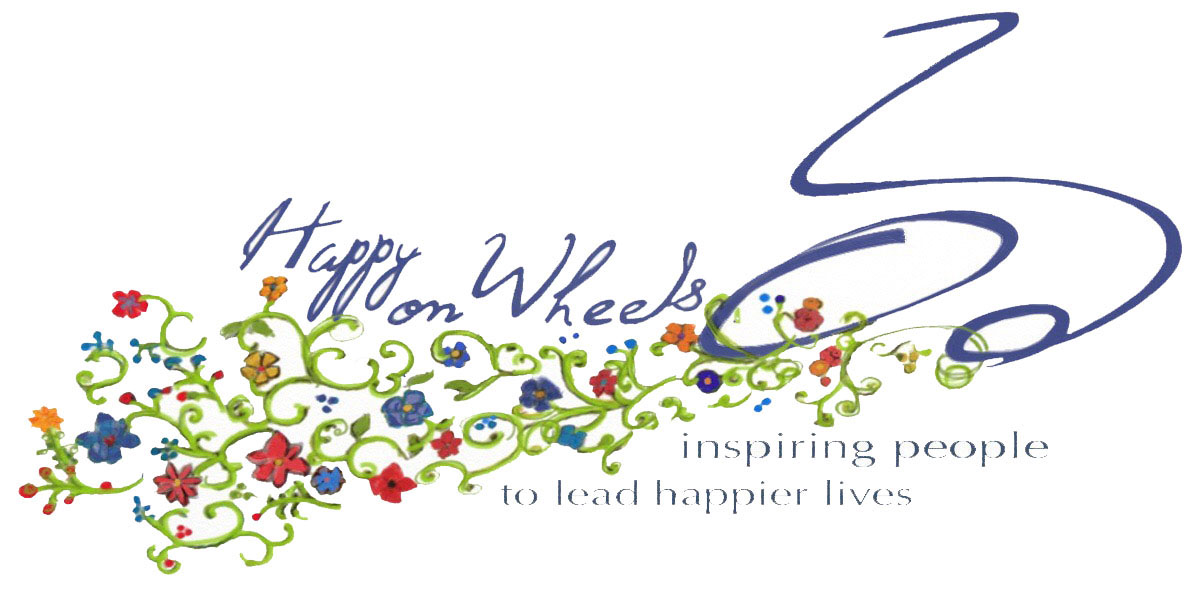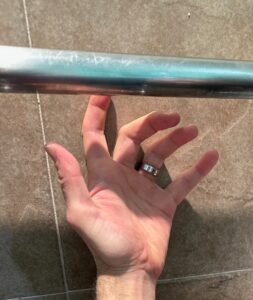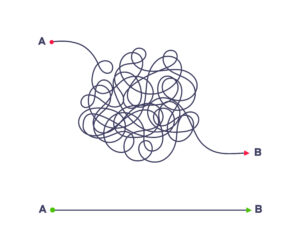Author: Sheri Denkensohn-Trott

For those that read my last blog, I took a “brain vacation” for the last two weeks of the year. After getting used to it and not labeling myself “lazy,” I adapted to a routine of reading, watching TV, visiting with friends, and exercising. In retrospect, it was a great way to slow down and refresh and revive.
As we all know, starting the new year begins with wide coverage in the media, including social media, about resolutions, new projects, personal changes, all with the emphasis on making big progress in the coming year. At times it can be overwhelming. I am someone that usually embraces the new year and makes a list of all the things I’d like to accomplish in the short, medium, and long term. This year I didn’t.
I emerged from the “brain vacation” without a list. I did what needed to be taken care of and started off the year with those items. Some were medical, others personal, financial, and professional. I didn’t overschedule and I felt like I was taking it too slow. It wasn’t my usual start of the year. Was I still being lazy?
 As I objectively took a look at what I had on my plate though, I wasn’t missing anything, I just chose to do what needed to be done and not take on a huge project. I have some big things to work on, but I decided to work at a slower pace instead of taking it on all at once. But in the back of my head, I worried that I was not doing enough.
As I objectively took a look at what I had on my plate though, I wasn’t missing anything, I just chose to do what needed to be done and not take on a huge project. I have some big things to work on, but I decided to work at a slower pace instead of taking it on all at once. But in the back of my head, I worried that I was not doing enough.
As we move into February, I realize that maybe what I’m doing now is normal. I am not going a million miles an hour trying to accomplish a long list of goals, as well as filling my social schedule with events. What I used to think was the right way to run my life, likely was over the top. Many people commented about my overscheduled life, but to me it seemed the way it should be. I now realize that a slower way of living may be the more normal and healthier way to go. I have less stress, and I don’t beat myself up about not accomplishing enough.
 I’ll keep this up. Maybe it took me too long to realize what a “normal” schedule is like. I’d encourage you to look at your days. You might find the same thing. And try to get away from labels. That has helped me tremendously. I can say with confidence that I am not lazy!
I’ll keep this up. Maybe it took me too long to realize what a “normal” schedule is like. I’d encourage you to look at your days. You might find the same thing. And try to get away from labels. That has helped me tremendously. I can say with confidence that I am not lazy!

 life is far from perfect, I can still be happy.
life is far from perfect, I can still be happy. bar I needed to use was about half an inch too high for me to reach comfortably.
bar I needed to use was about half an inch too high for me to reach comfortably. but a disability can throw a lot of loops and curves into the line. Just pulling on the ends is likely to cause a knot which can be a lot more difficult to resolve, but if you take your time and carefully follow all the twists and turns, you will eventually get from Point A to Point B with no knots!
but a disability can throw a lot of loops and curves into the line. Just pulling on the ends is likely to cause a knot which can be a lot more difficult to resolve, but if you take your time and carefully follow all the twists and turns, you will eventually get from Point A to Point B with no knots!
 I do weekly meditation and my class went on a retreat. Unfortunately, it wasn’t accessible, but it is on my bucket list. My brain vacation was the next best thing, and I’m glad I did it. I wonder if it will feel strange to write my first to do list of 2024, but I doubt I will have trouble getting back into my routine and patterns. You never know, maybe my brain will not want leave vacation.
I do weekly meditation and my class went on a retreat. Unfortunately, it wasn’t accessible, but it is on my bucket list. My brain vacation was the next best thing, and I’m glad I did it. I wonder if it will feel strange to write my first to do list of 2024, but I doubt I will have trouble getting back into my routine and patterns. You never know, maybe my brain will not want leave vacation.